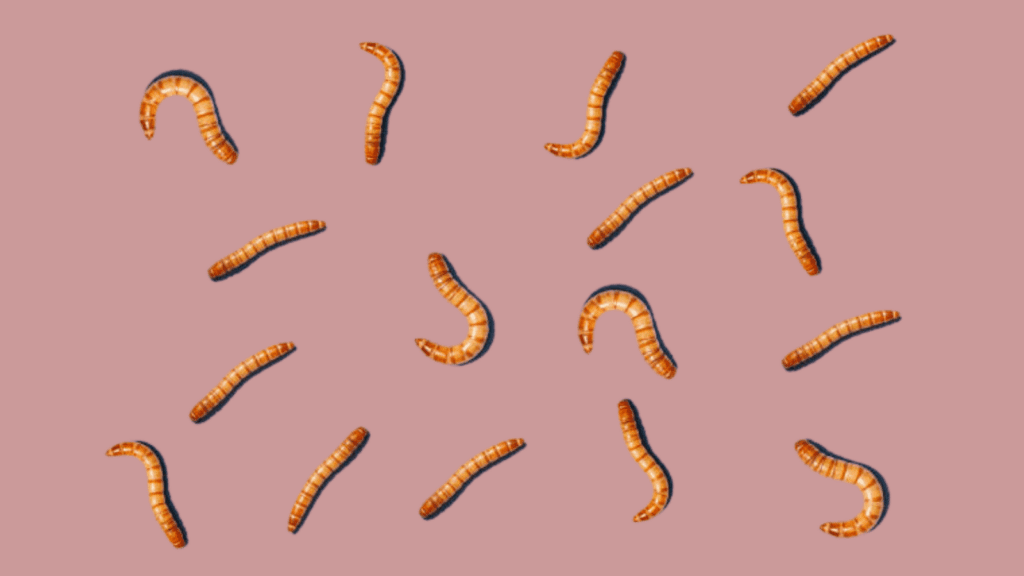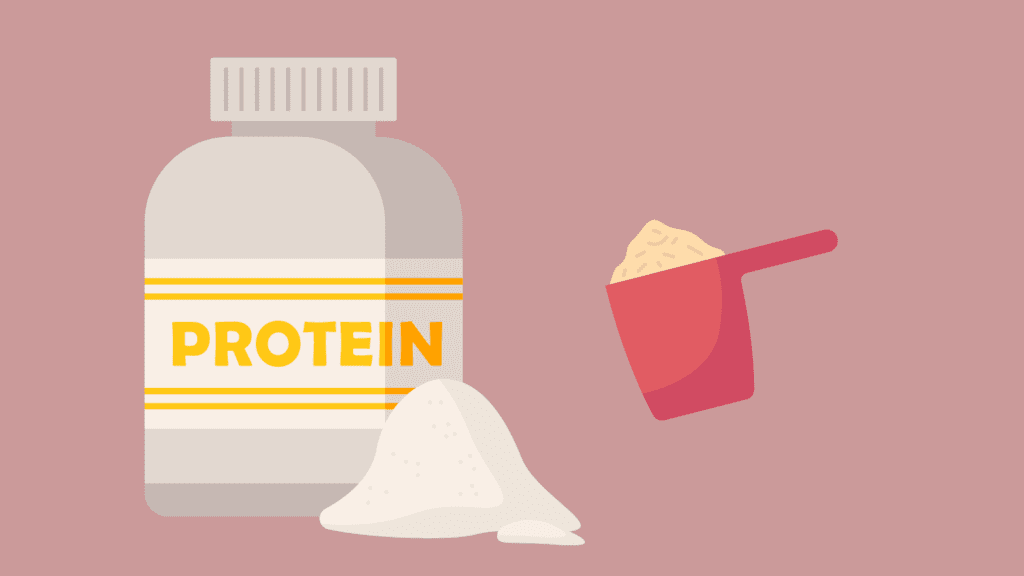Is Protein Powder Made from Worms?

Here’s a question you probably never thought you’d ask: Are people turning worms into protein powder?
The answer? Yes, they are.
“Worm Protein” is a mealworm-based protein powder. Made from mealworms, the larval form of the darkling beetle (not your garden earthworms), it is more sustainable to produce than protein from livestock and is up to 70% protein by weight.
Key points:
- Companies like Protifarm and Ynsect are making mealworm-based protein powder.
- Mealworm protein is impressive, with up to 70% protein by dry weight and a complete amino acid profile.
- Mealworms require significantly less resources than traditional livestock, making them an environmentally friendly option.

Why Worm Protein?
Most protein supplements on the market today are based from:
- Whey and casein (dairy-based)
- Soy
- Pea
- Rice
- Hemp
You won’t find worm or insect protein inside your favorite powder unless it’s explicitly listed in the ingredient list or on the label.
However, a lot more protein powders that use worm protein as their main ingredient are coming onto the market, and the draw isn’t just about novelty.
Worm protein powder offers:
- High protein content (up to 70% by dry weight)
- Complete amino acid profile
- Rich in vitamins and minerals, particularly B12, iron, and zinc
- Contains healthy fats, including omega-3 fatty acids
- Sustainably produced
A small Danish study did find that when compared to insect protein, Whey protein may still be the best for muscle-building, while another study found insect protein to be just as effective as whey.
So the research is still in progress.
How Worm Protein Powder is Made

- Farm: Mealworms are raised in controlled environments.
- Harvest: The worms are collected at their optimal nutritional stage.
- Process: The harvested worms are typically dehydrated and ground into a fine powder.
Challenges in the Market
Despite its potential, worm protein faces a few challenges to growth:
- Consumer Acceptance: Many people are weirded out about eating or drinking insects.
- Potential Allergies: People with shellfish allergies might need to stay away from insect proteins.
- Regulatory Landscape: Some countries have strict regulations on insect-based food products.
- Taste and Texture: While processing helps, the flavor won’t appeal to everyone.
The Future of Worm Protein
The insect protein market is projected to grow to $7.96 billion by 2030. However, it’s unlikely to completely replace traditional protein sources (or protein powder) in the near future.


